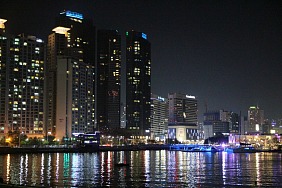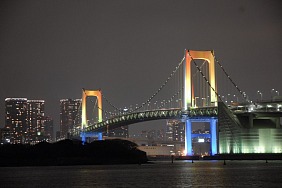For digital nomads, few places in the world offer the same potential as Sri Lanka. With its stunning landscapes and a rapidly growing tech sector, the country has become a haven for remote workers looking to take advantage of its flexible visa regulations. This article explores the details of Sri Lanka’s digital nomad visa and what it could mean for your career.
What is a Digital Nomad Visa?
A digital nomad visa provides remote workers the opportunity to live and work in a country for a period of time. Generally, visas are granted for a period of six months, although each country’s regulations and requirements vary. Sri Lanka’s digital nomad visa allows remote workers to stay in the country for an initial period of twelve months.
Sri Lanka’s digital nomad visa is designed to attract global talent and help the country’s growing tech sector. The visa is open to professionals who are looking to work remotely and take advantage of Sri Lanka’s low cost of living, high quality of life, and easy access to remote work opportunities.
What Are the Requirements?
To be eligible for the visa, applicants must be able to demonstrate that they will be able to support themselves financially for the duration of their stay in Sri Lanka. They must also show that they have a valid passport and that they are not a risk to the security of the country. Additionally, applicants must provide proof of health insurance, and they must show that they have the necessary skills and experience to be able to work remotely in Sri Lanka.
In addition to the standard requirements, applicants must also provide a business plan. This plan must outline the applicant’s plans for working remotely in Sri Lanka, as well as their plans for continuing to develop their career while in the country. The plan must be approved by the Sri Lankan government before the visa is granted.
What Are the Benefits?
The digital nomad visa provides a number of advantages to remote workers. Firstly, it gives them the opportunity to experience life in a new country and culture. Secondly, it provides remote workers with the flexibility to work wherever and whenever they choose. Finally, the visa also provides remote workers with the opportunity to take advantage of Sri Lanka’s rapidly growing tech sector and to build their career in a supportive environment.
Additionally, the digital nomad visa allows remote workers to access a wide range of career development opportunities that they would not be able to access in their home country. For example, many digital nomads in Sri Lanka have taken advantage of the country’s growing tech sector to gain new skills, connect with potential employers, and find new opportunities.
What Are the Challenges?
There are a number of challenges associated with working remotely in Sri Lanka. Firstly, remote workers must be prepared for the logistical challenges associated with working in a new country, such as setting up a new bank account and finding reliable internet access. Additionally, remote workers must also be prepared for the cultural differences that come with living and working in a new country.
Finally, remote workers must also be aware of the legal considerations associated with working in a new country. For example, it is important to be aware of the tax and visa regulations in each country, as well as any other relevant laws. Additionally, remote workers must also be aware of their rights as an employee, and any potential restrictions that may apply to their employment.
Conclusion
Sri Lanka’s digital nomad visa provides remote workers with the opportunity to work, live, and experience a new culture in a rapidly growing tech sector. While the visa does come with a number of logistical and legal considerations, it also provides remote workers with a number of benefits, such as increased flexibility and access to career development opportunities.














